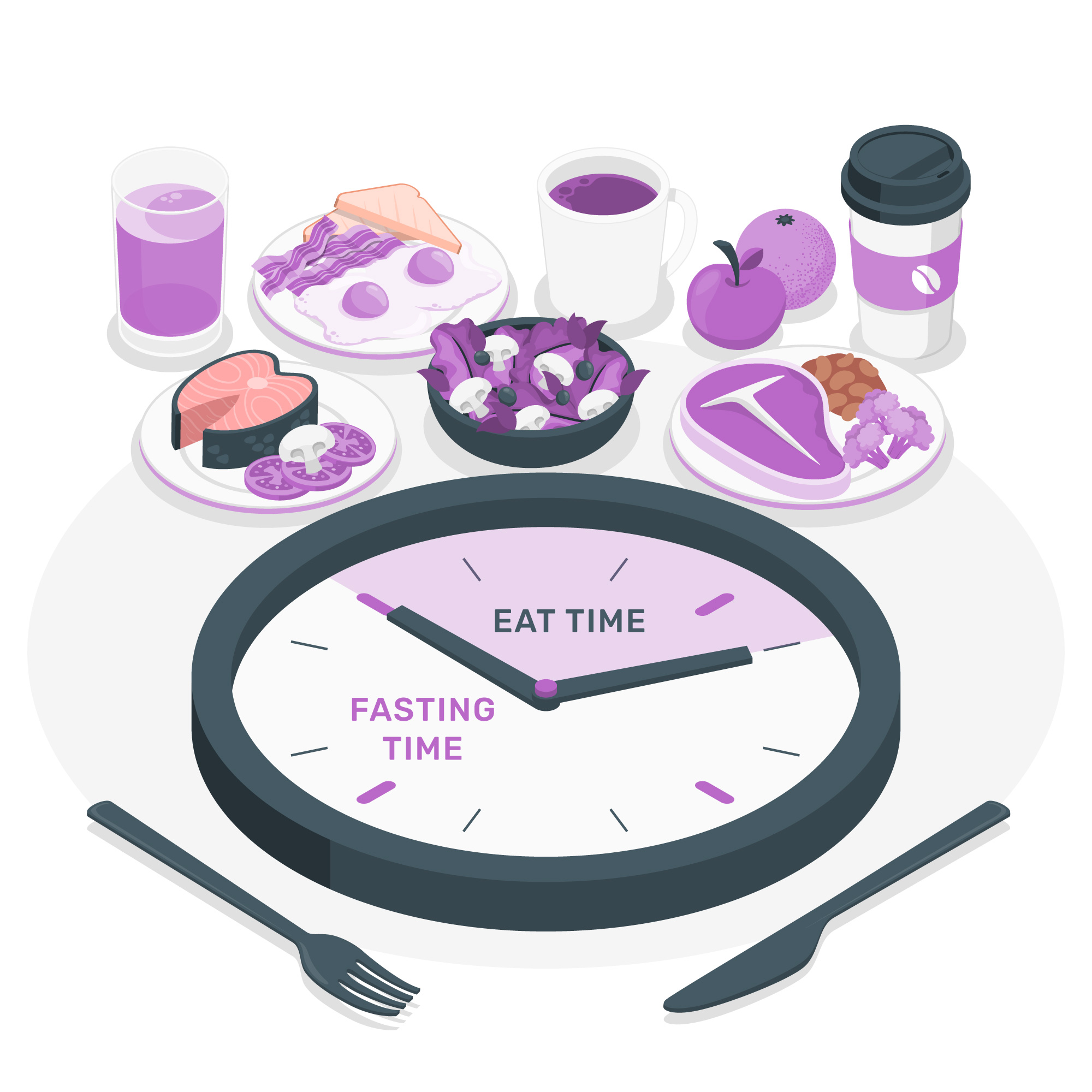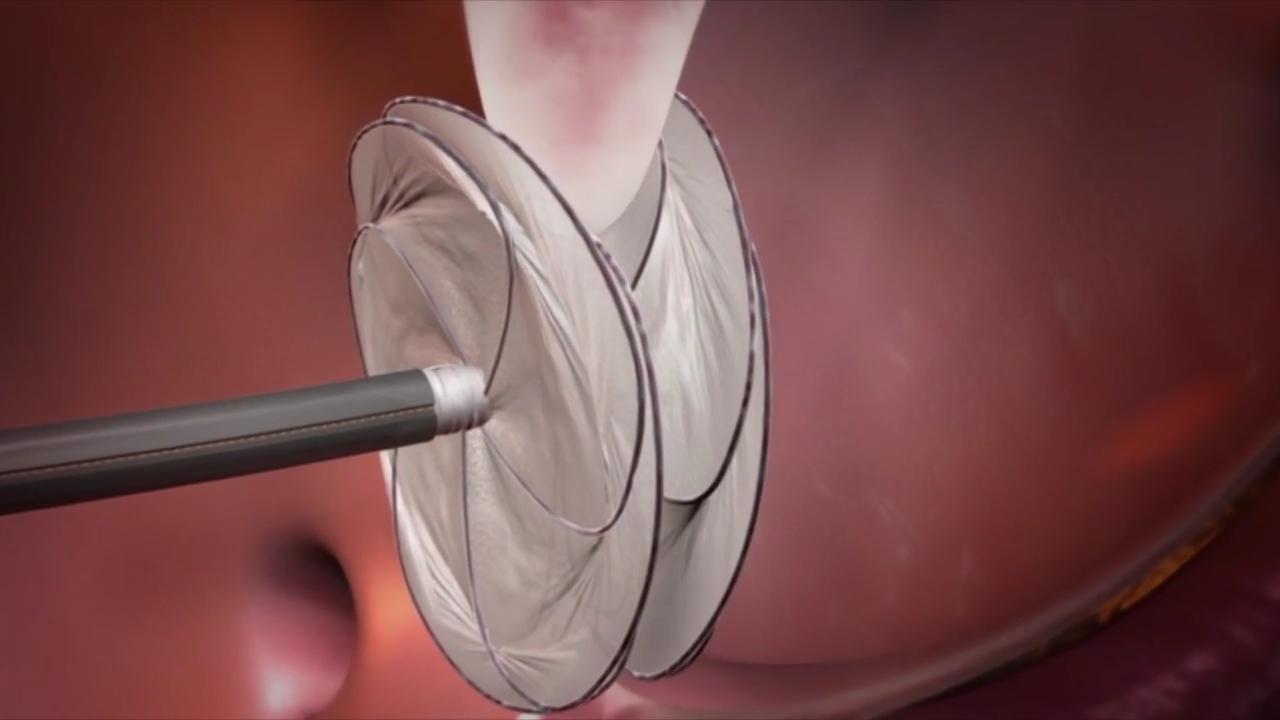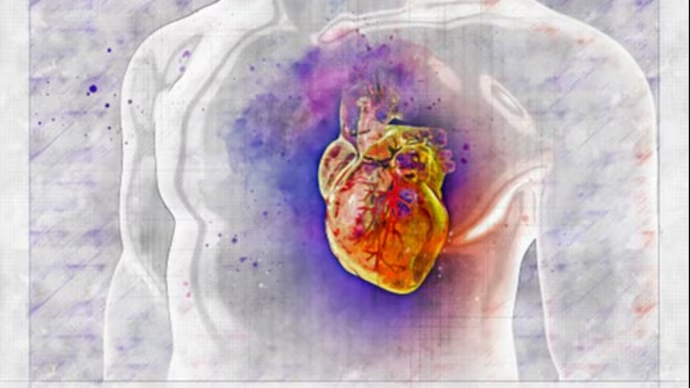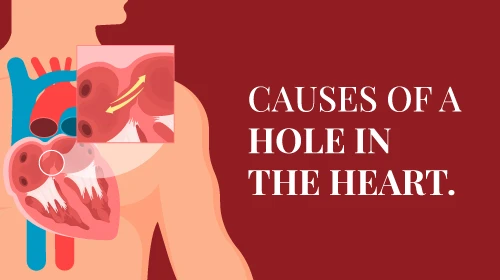
Intermittent Fasting and Your Heart: Is It Safe or Risky?
Lately, intermittent fasting has become one of the most popular ways to lose weight and improve health. But like with any health trend, people wonder—how does it affect your heart? Can it help prevent heart disease, or could it actually be harmful? Let’s explore what science and experts say about how intermittent fasting affects heart health.








































